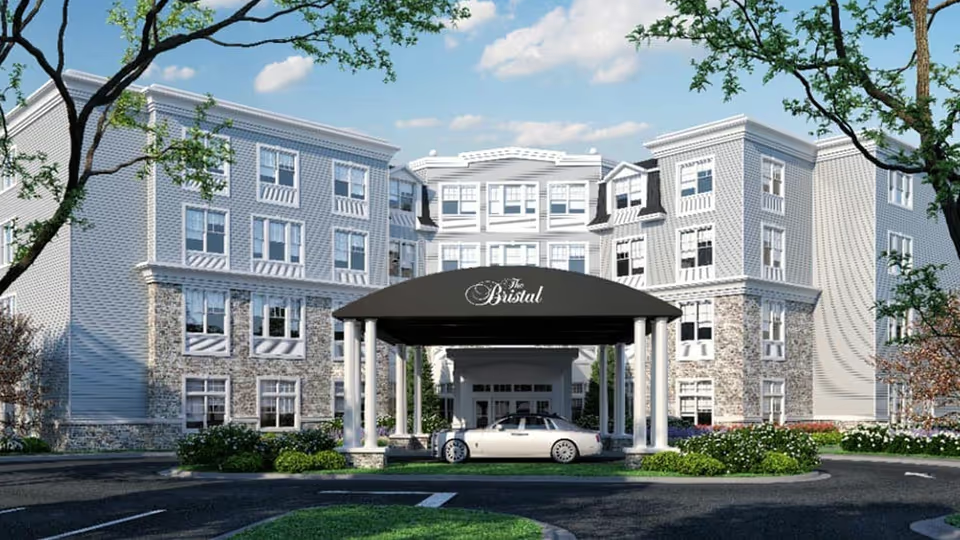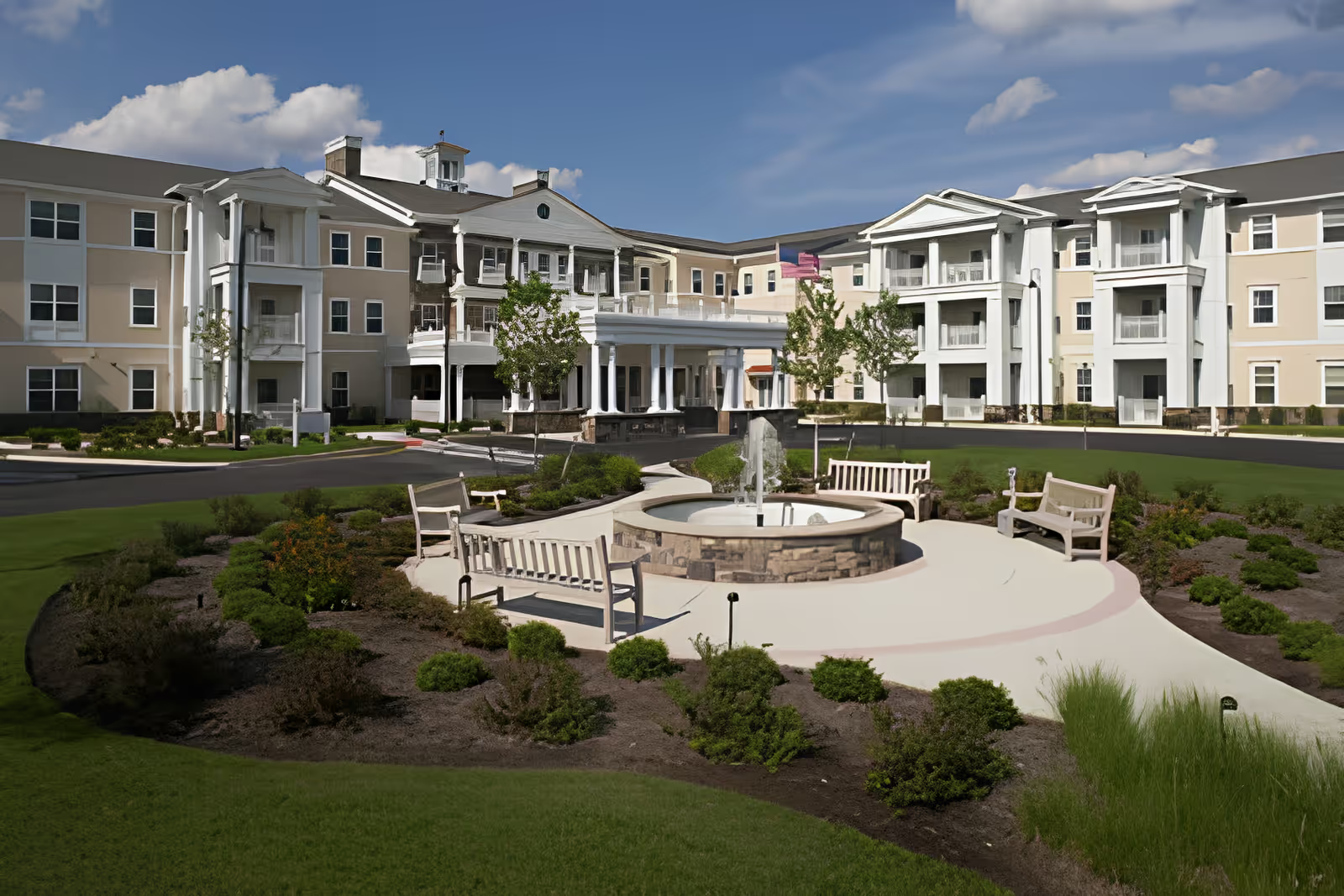The reviews present a mixed but strongly polarized picture of Pillsbury Manor. On one hand, multiple reviewers emphasize genuinely caring, helpful, and energetic staff who at times go above and beyond for residents. Specific positive anecdotes include staff who handled a flight-risk resident with dignity and compassion, staff who "went the extra mile," and long-term residents (almost two years) who would highly recommend the community. The facility offers a number of pleasant social and recreational spaces — reviewers mention a very nice dining area, an art-class room, and a room set aside for playing cards. Bedrooms are described as adequate for a single occupant, and many activities are characterized as pleasant and fun, reinforcing a positive day-to-day experience for some residents.
However, serious concerns appear repeatedly and temper the positive comments. Several reviewers describe episodes of inattentive or negligent care, including an allegation of a resident death attributed to negligence, a fall where the resident was not discovered until after dinner, and an overnight catheter bag that went undrained. These incidents are cited as severe failures in basic monitoring and clinical care. Reviewers also report that a change in ownership occurred after at least one major incident, but that care quality did not materially improve following that change. Taken together, these complaints point to inconsistent caregiving and potential lapses in staff training, supervision, or protocols for high-risk residents.
Dining and cost issues are another recurring theme. While the dining area is praised for its appearance, multiple reviewers found the food only "passable," with complaints about cold meals and reliance on disposable serviceware and cardboard packaging. Several reviewers feel the community is expensive given the quality of the meals and some aspects of care. This combination of perceived high cost and food/service shortcomings contributes to dissatisfaction for some families and residents.
Communication and resident suitability are additional patterns. Some reviewers note language barriers because certain staff have limited English, which can impede clear communication between staff, residents, and families. Reviewers also indicate that the facility may not be appropriate for residents who are particularly difficult, highly resistant to care, or who need a higher level of clinical supervision; one reviewer explicitly stated their grandfather was "too difficult for [the] facility." These observations suggest the community may be better suited to residents with moderate needs rather than high-acuity or aggressive behavioral issues.
In summary, Pillsbury Manor appears to provide a warm, activity-rich environment with dedicated employees who can deliver compassionate care and maintain a pleasant social atmosphere. At the same time, several serious safety and care-quality concerns surfaced across reviews — including alleged negligence and failures to monitor or respond to medical needs — and reviewers report no clear improvement after ownership changed. Potential residents and families should weigh the facility’s strengths in staff compassion and social programming against these documented risks. If considering Pillsbury Manor, it would be prudent to ask management for specifics about staffing levels, supervision and training protocols, incident reporting and resolution procedures, language support, and what changes (if any) were made after the cited incidents to ensure resident safety and consistent care quality.







